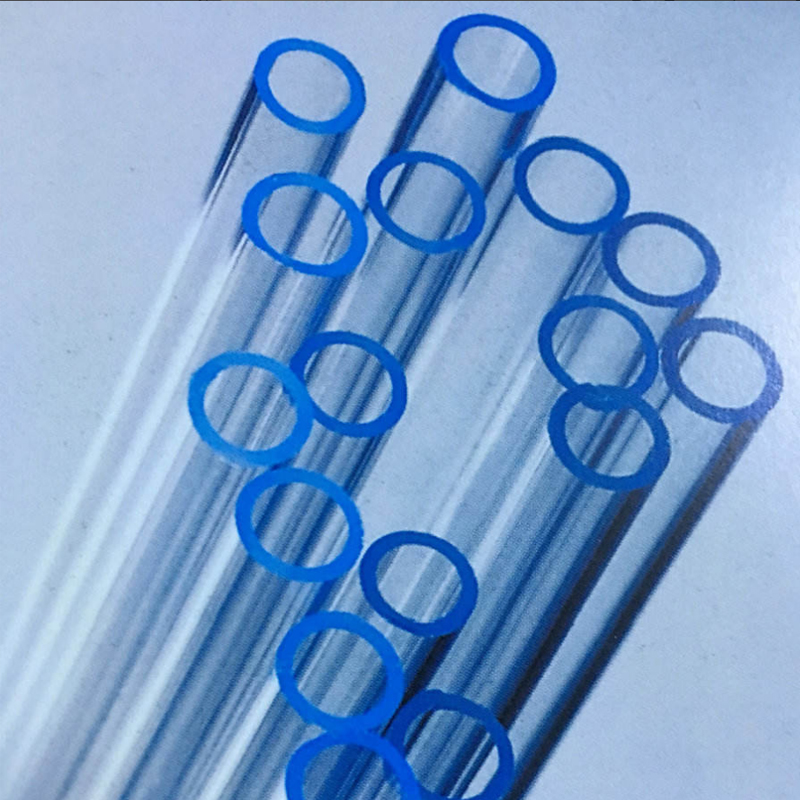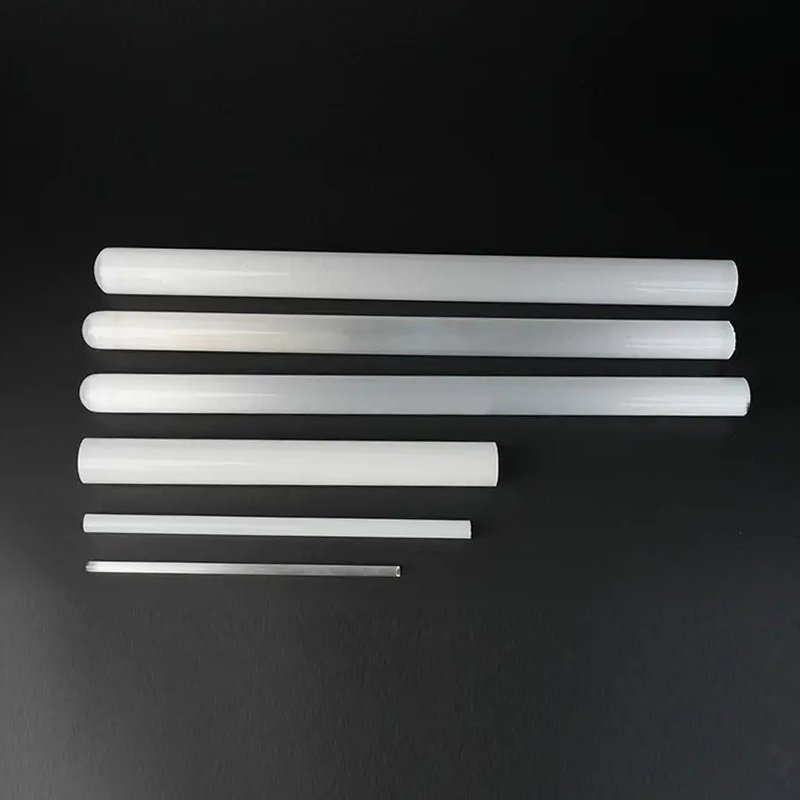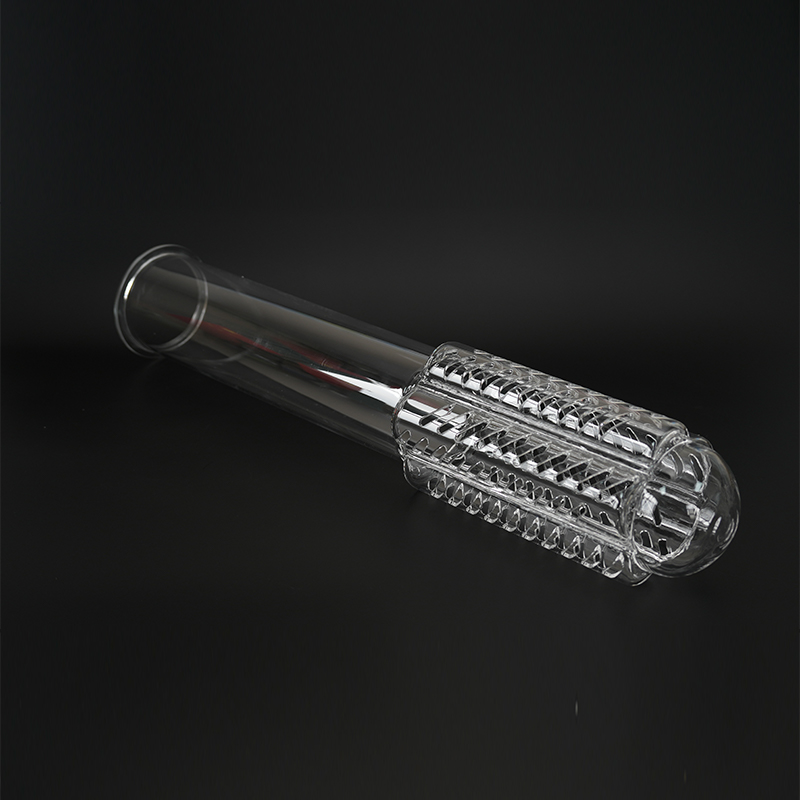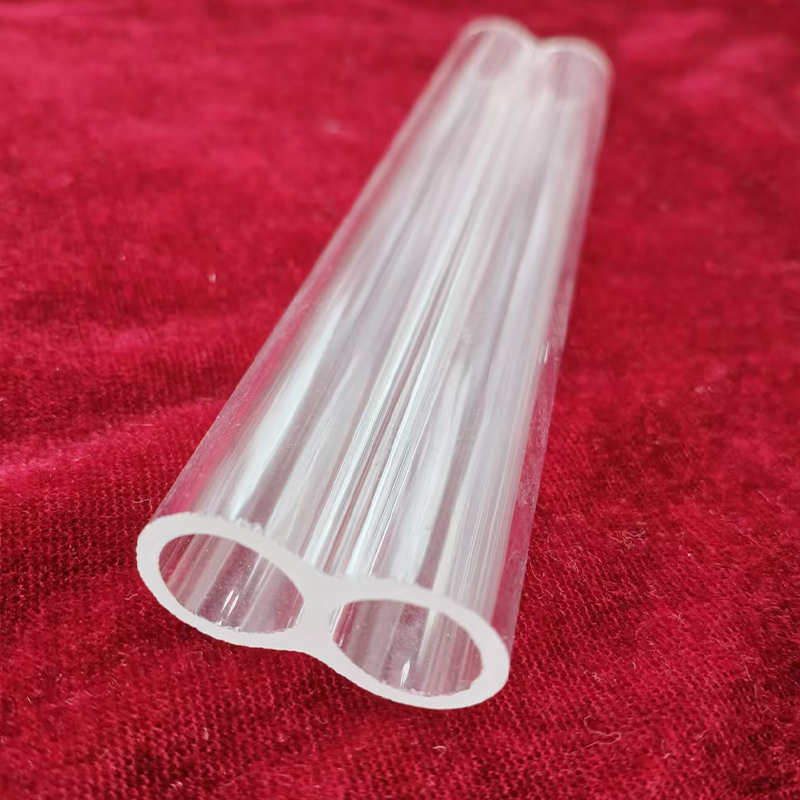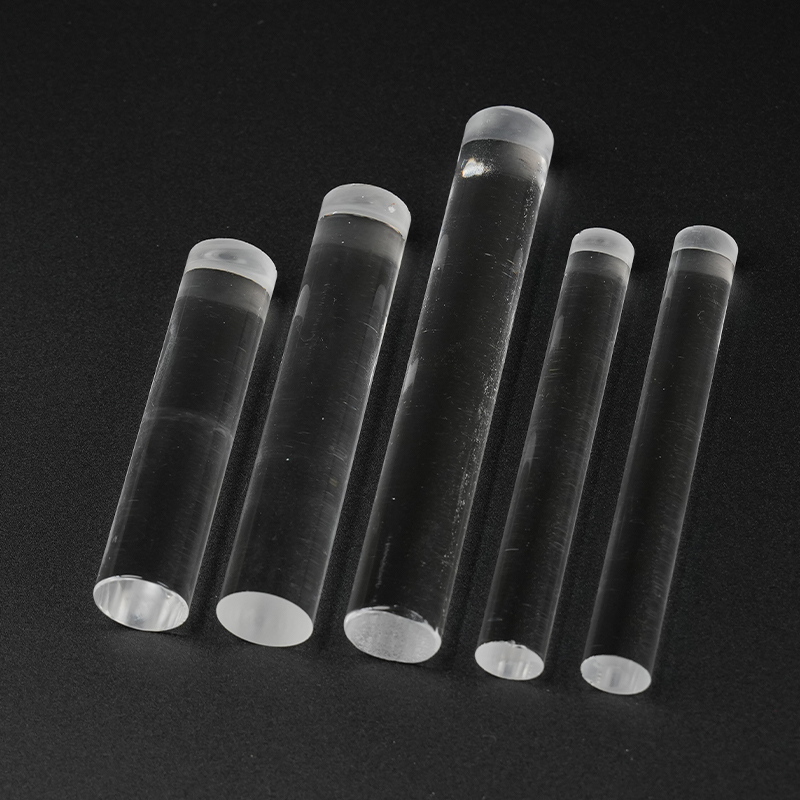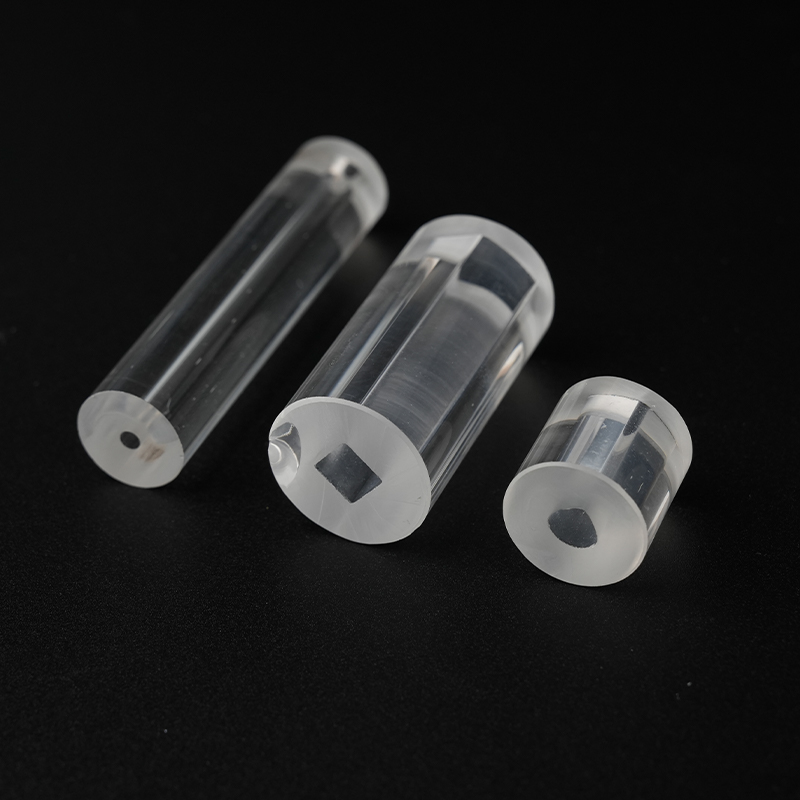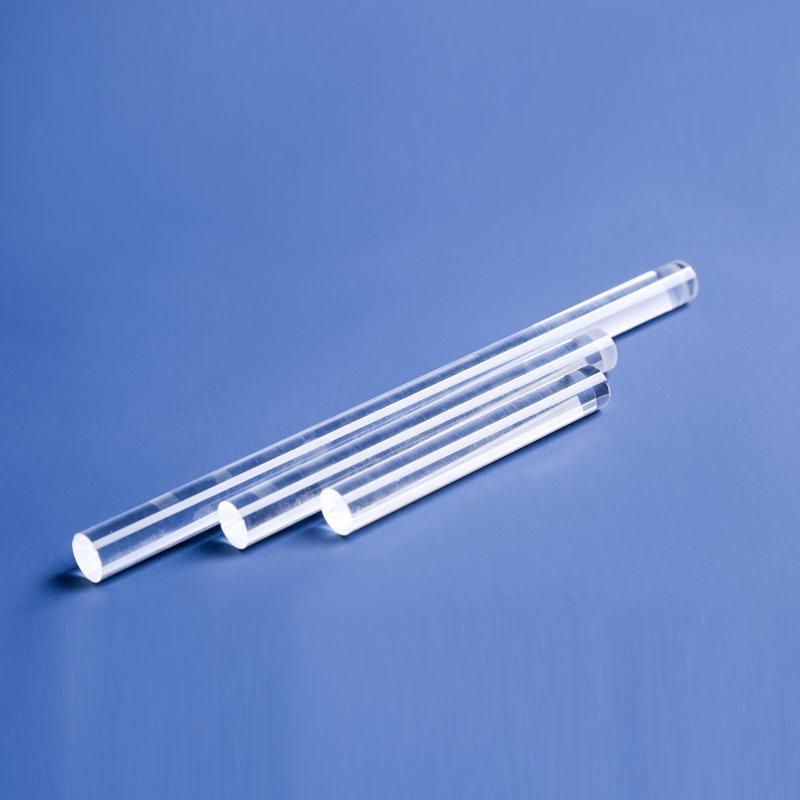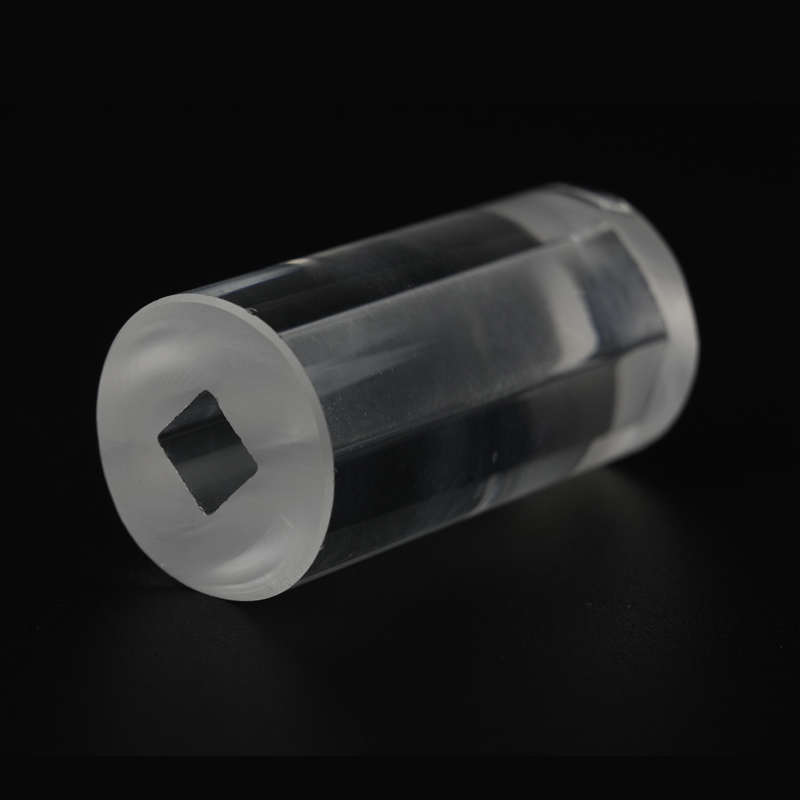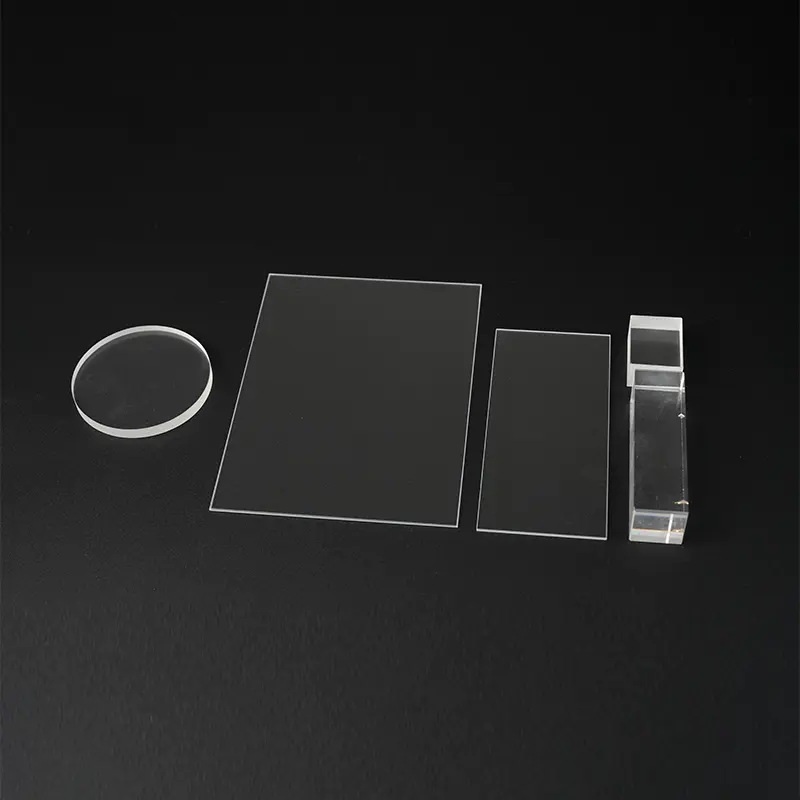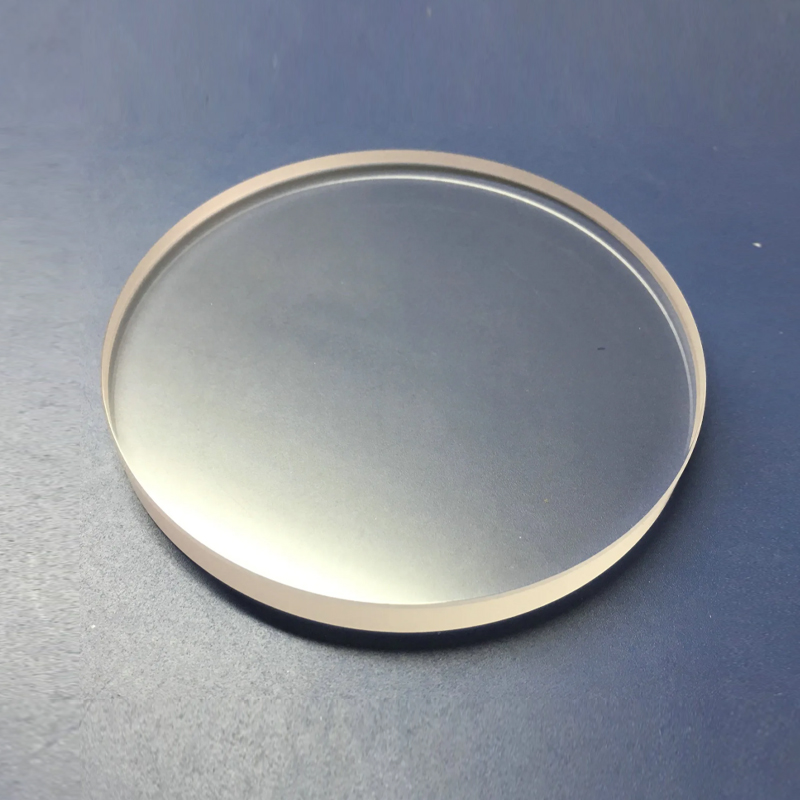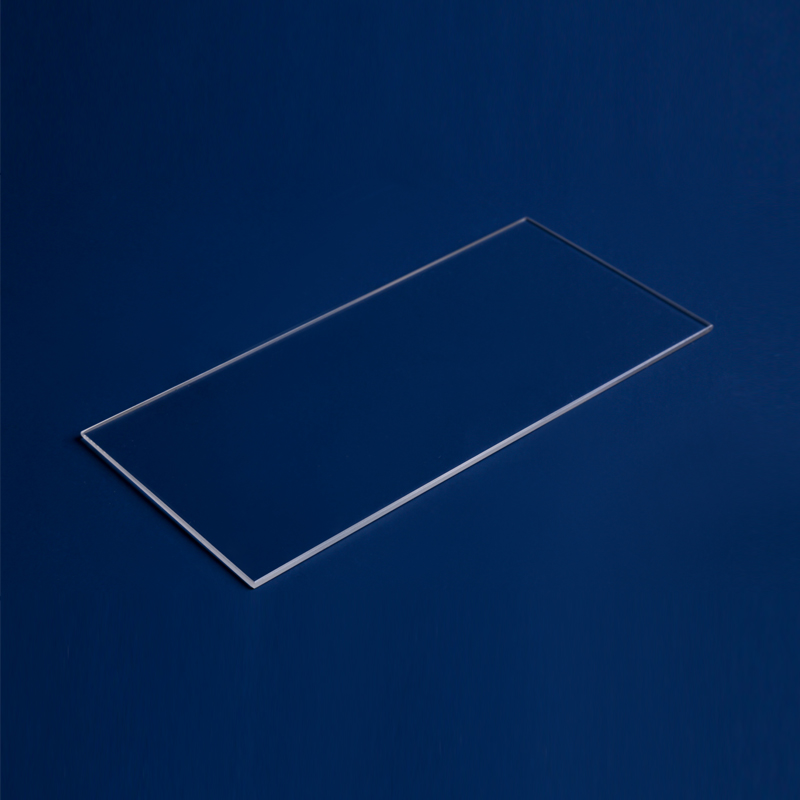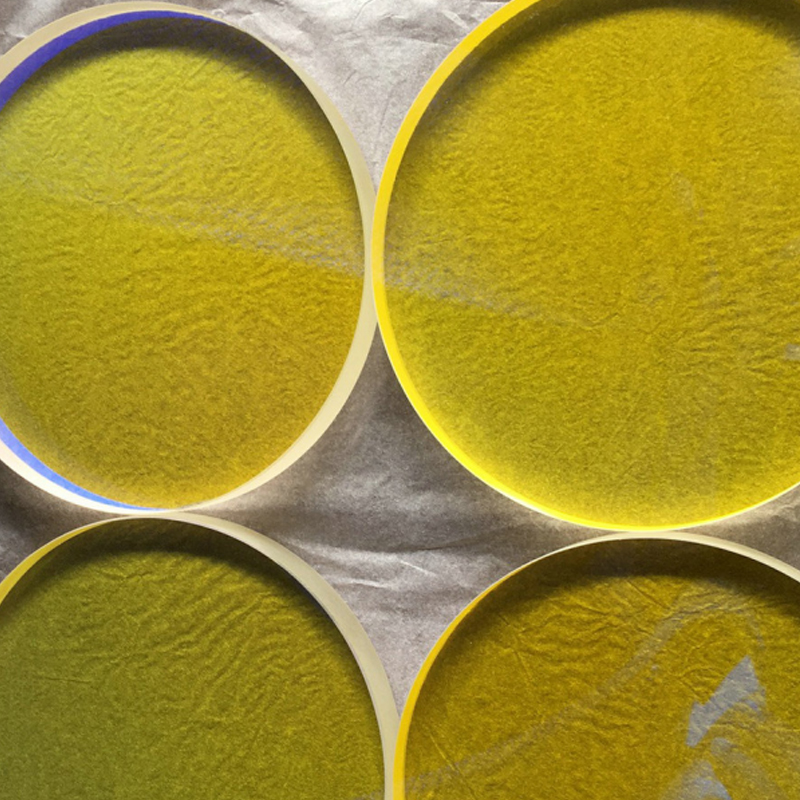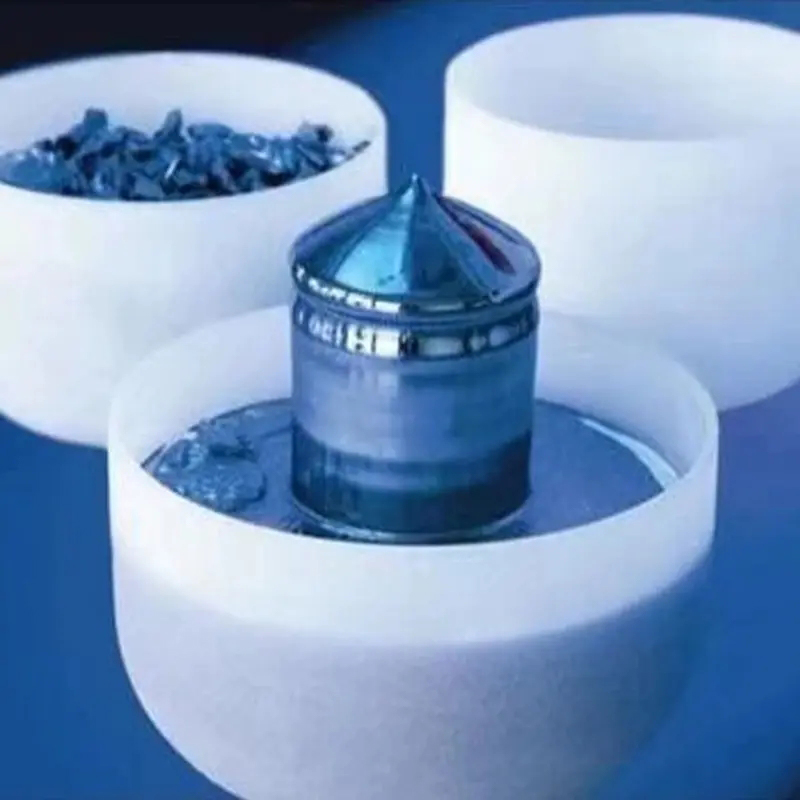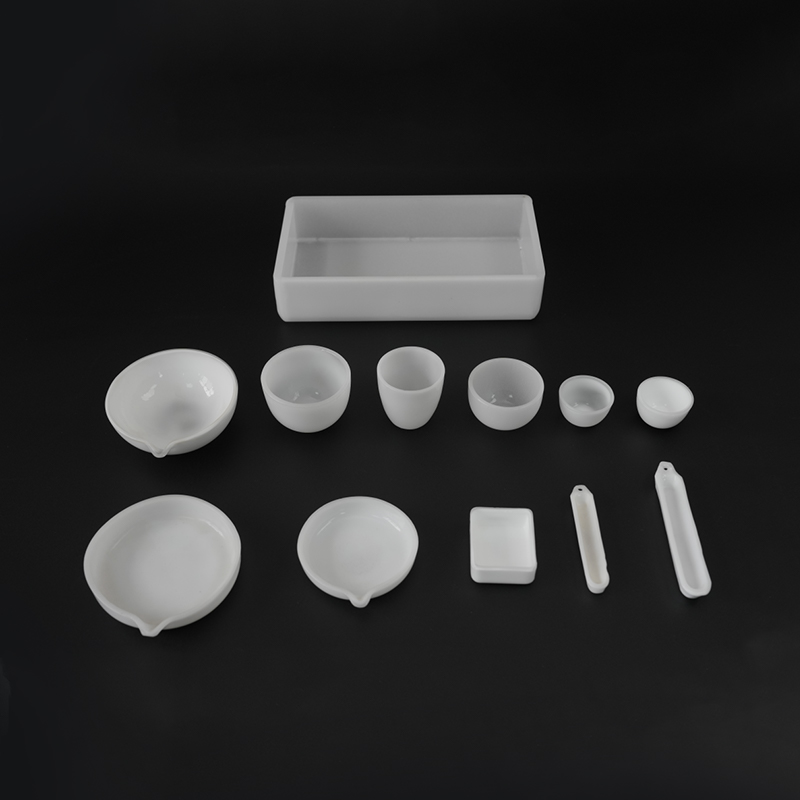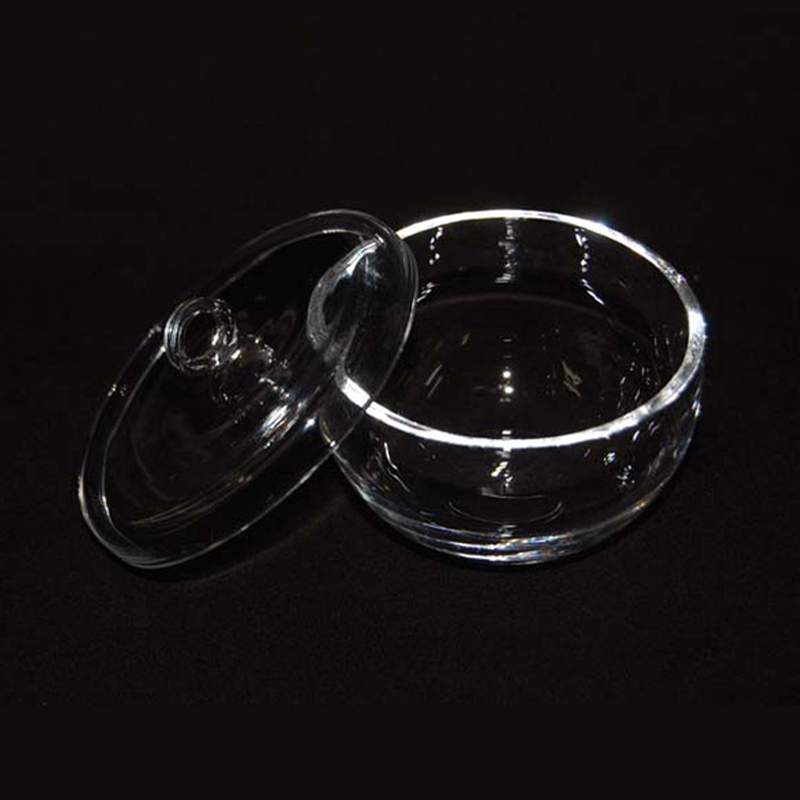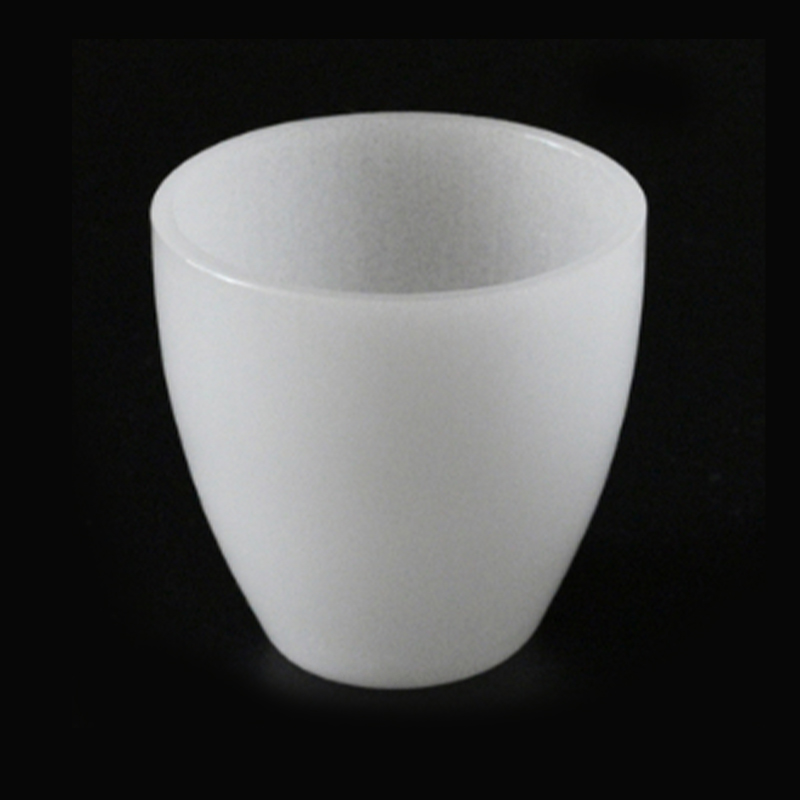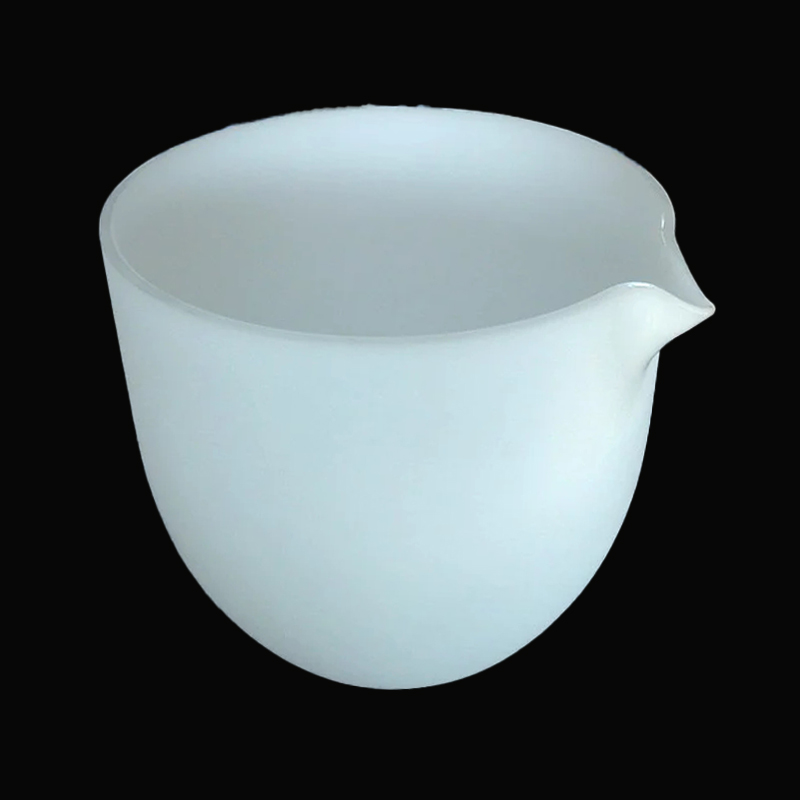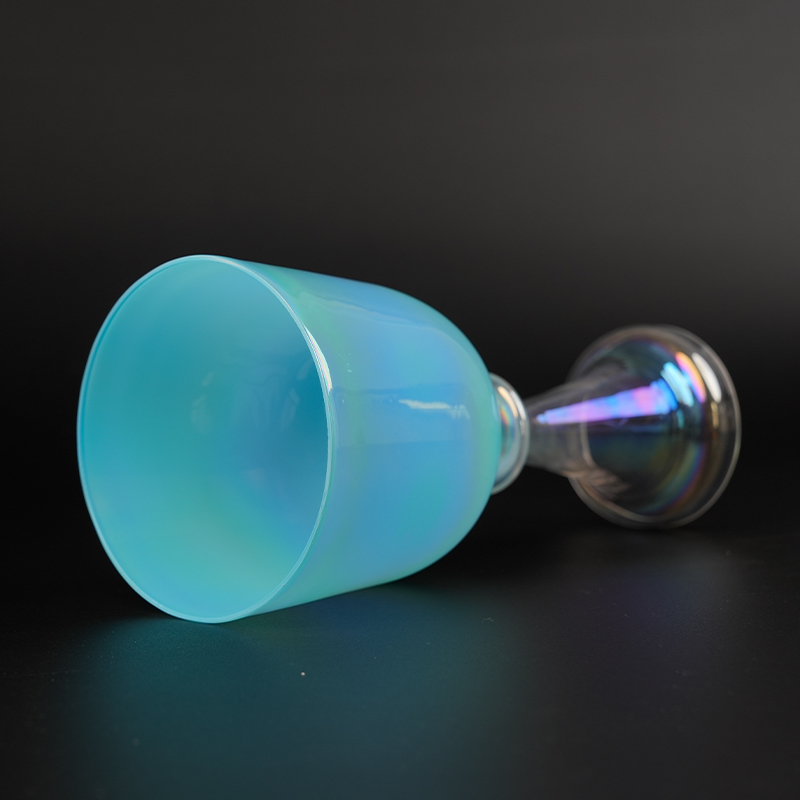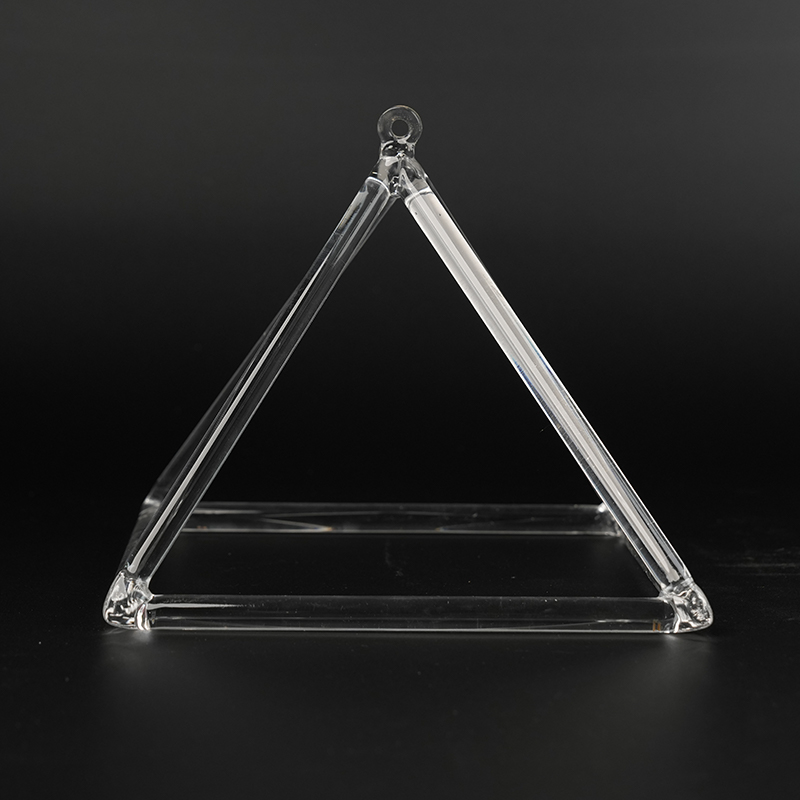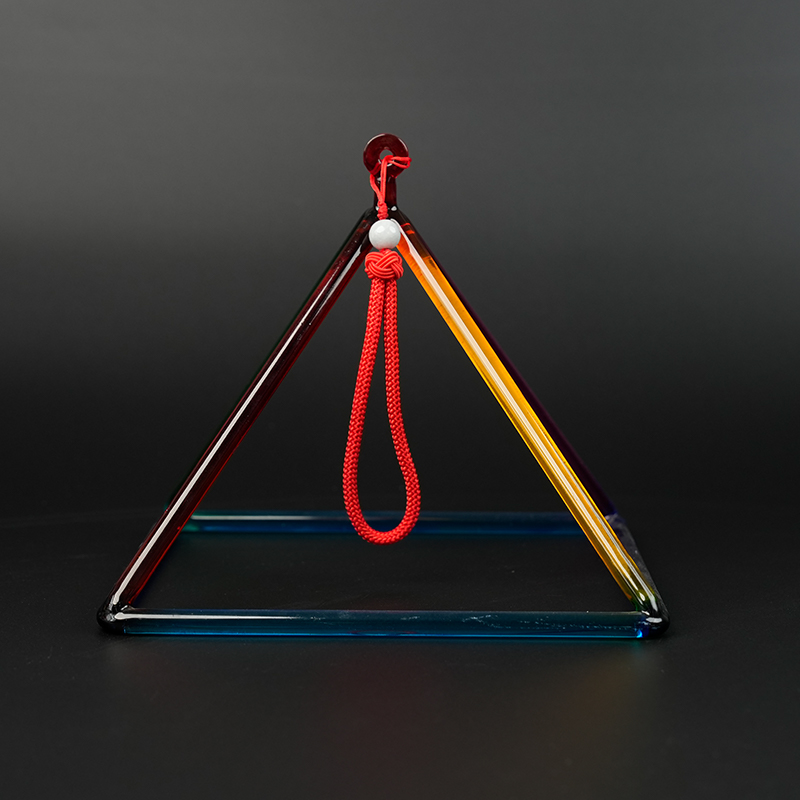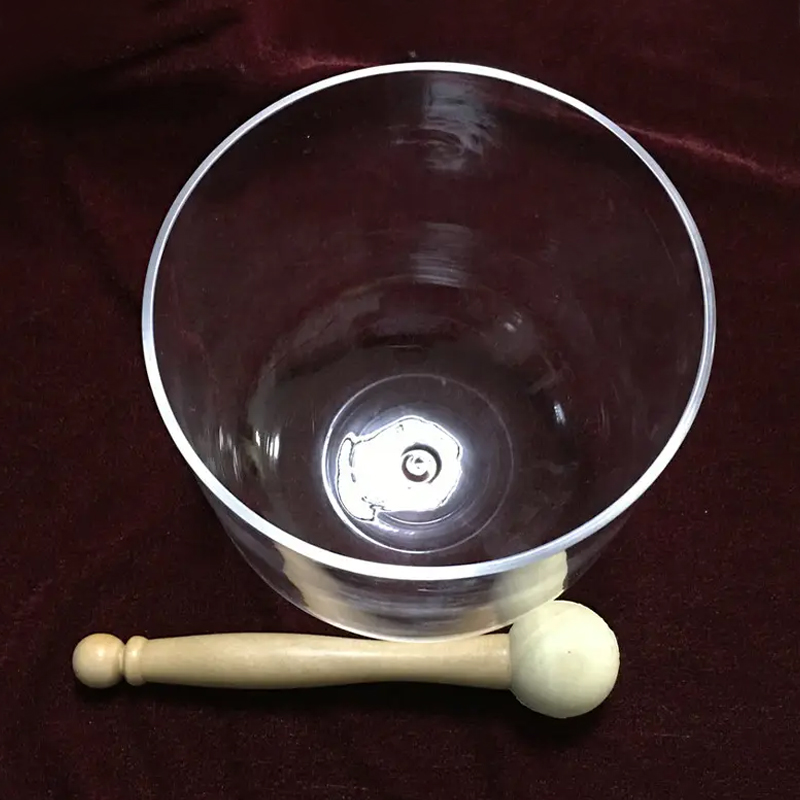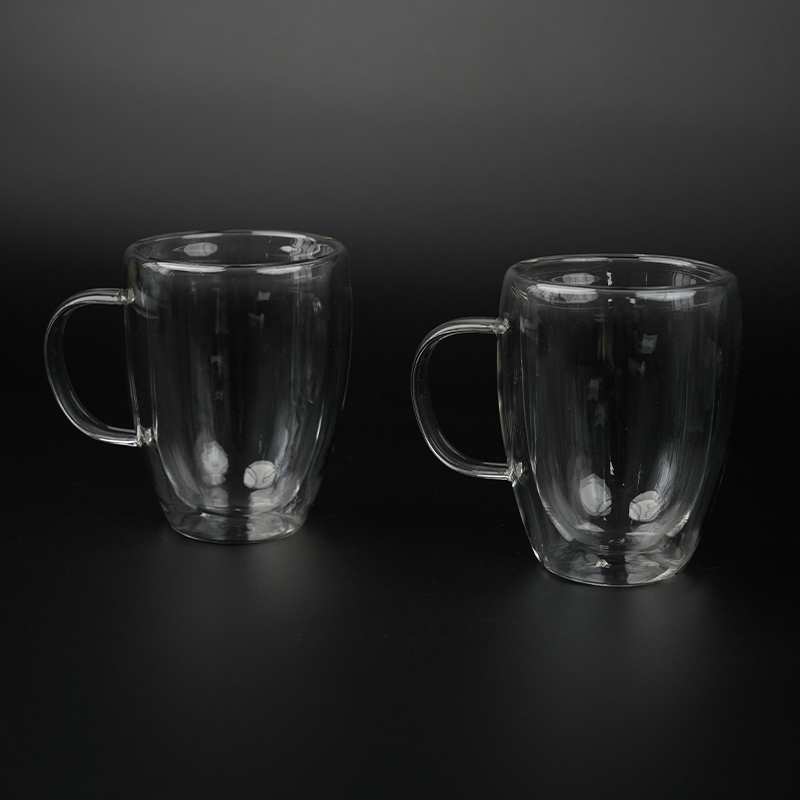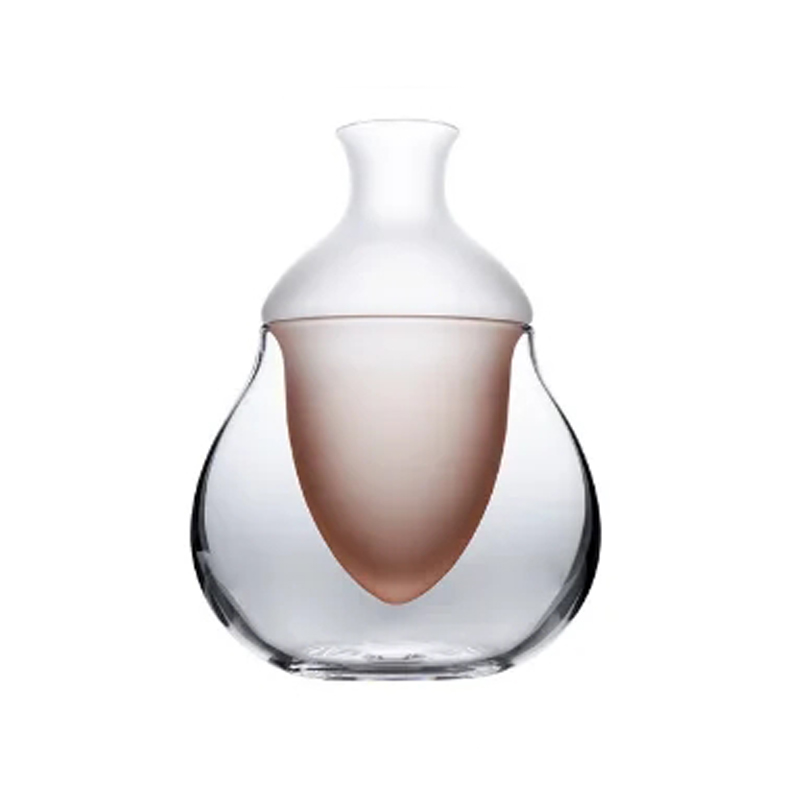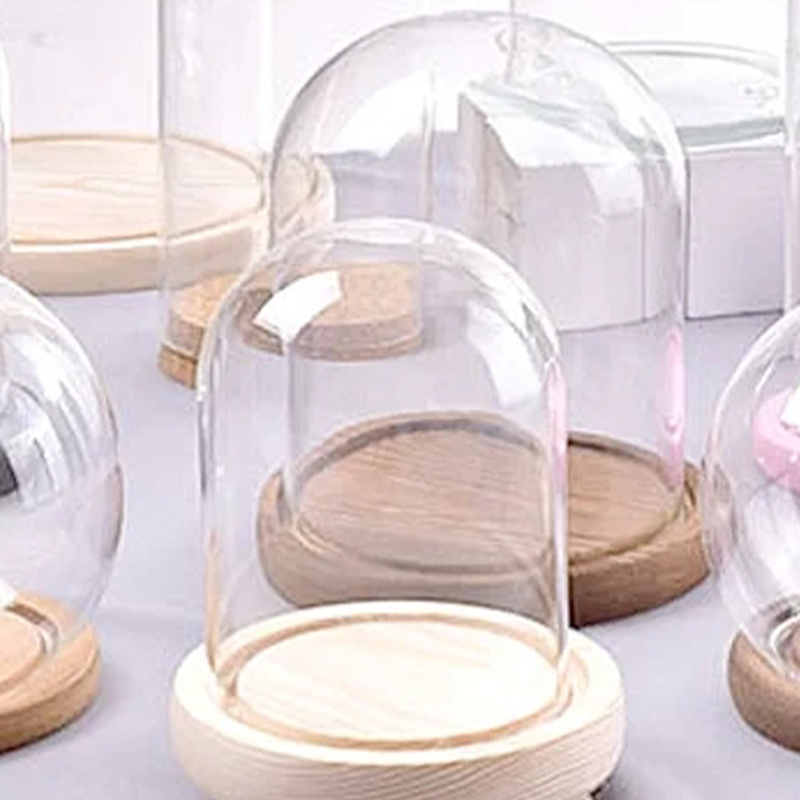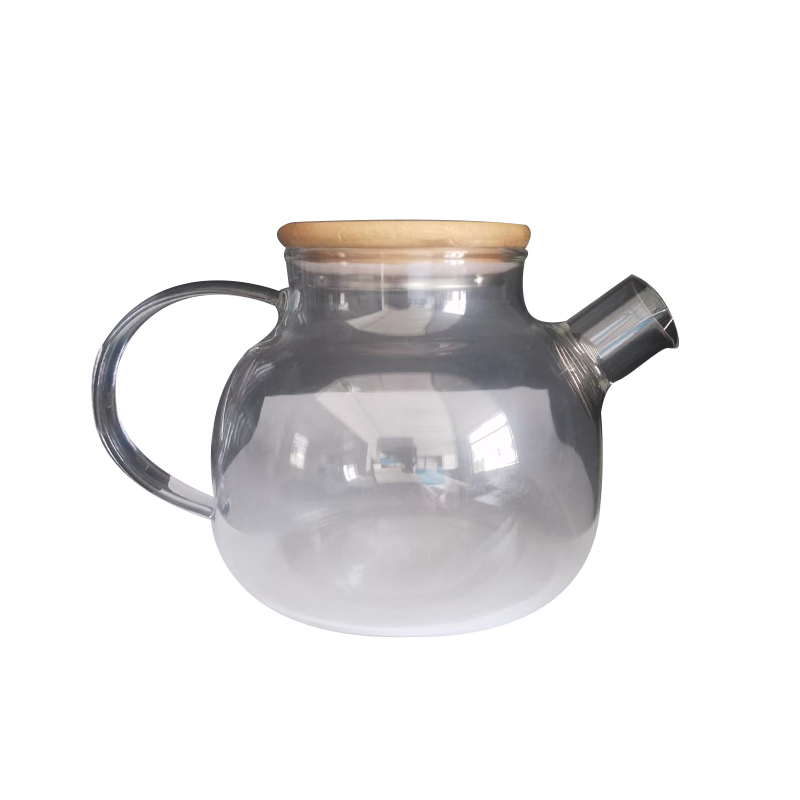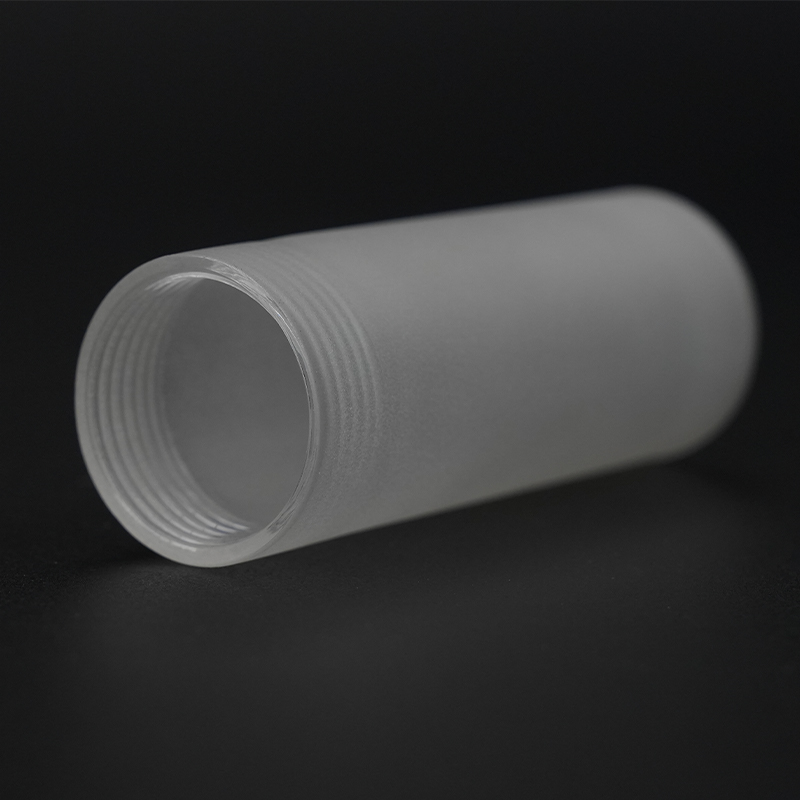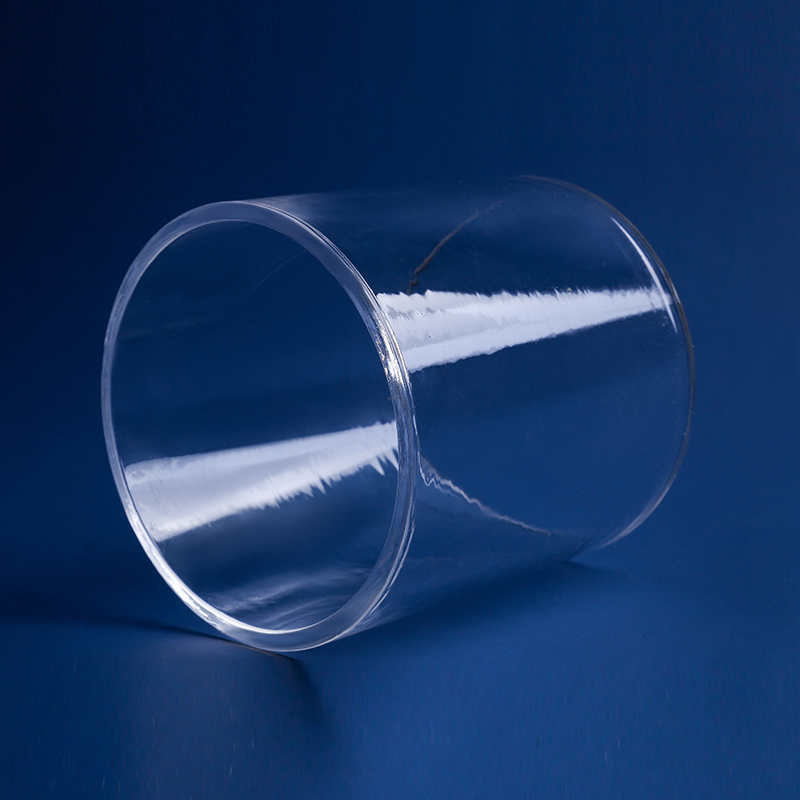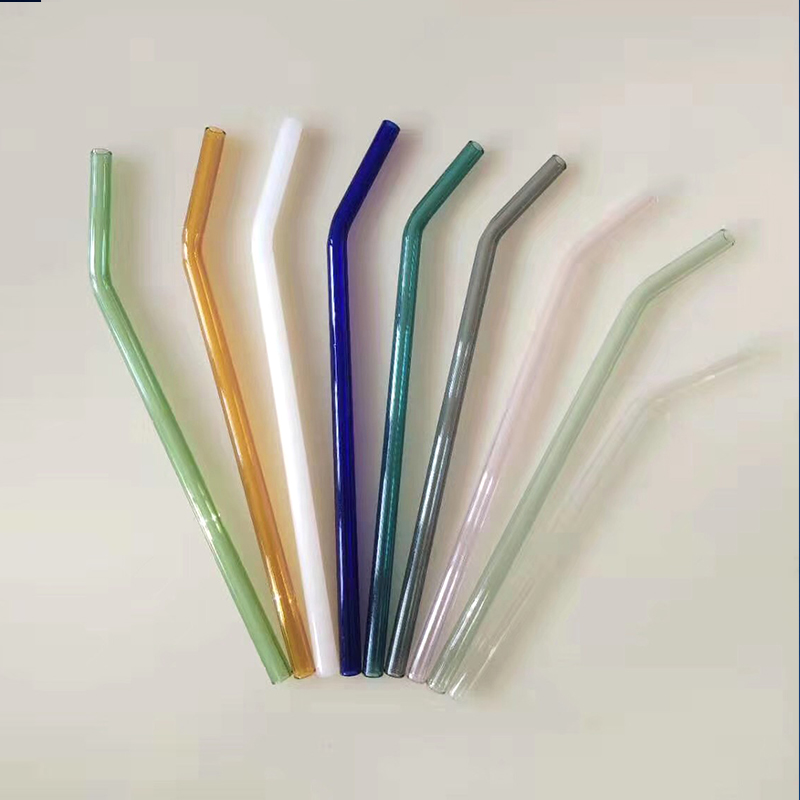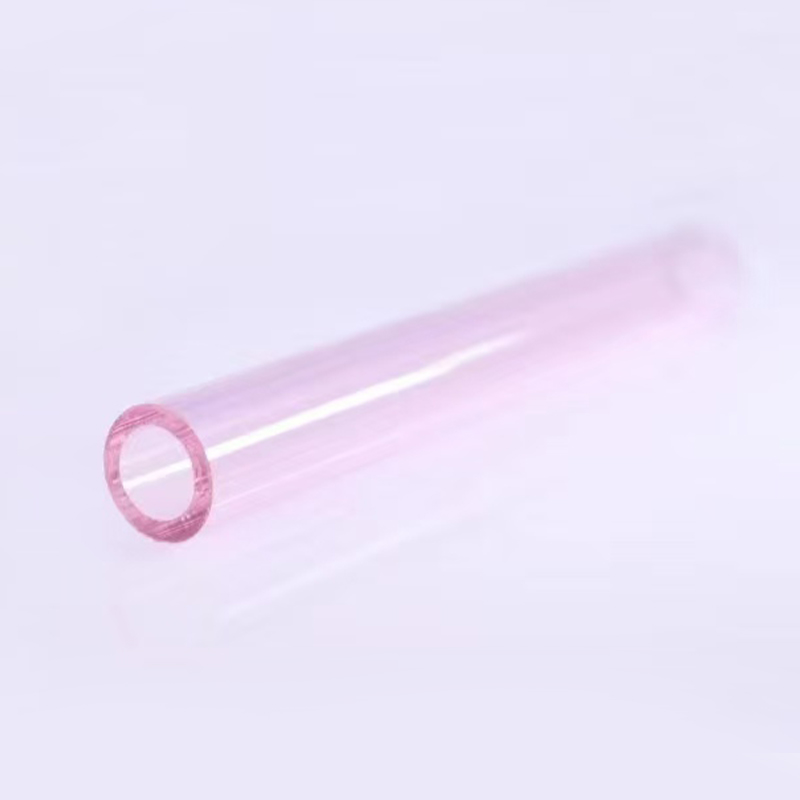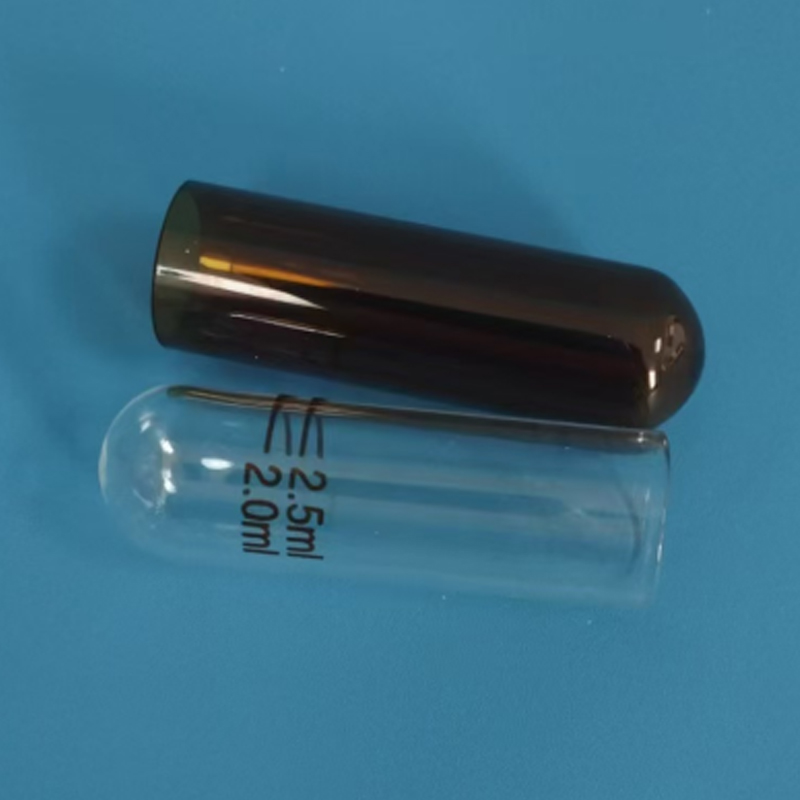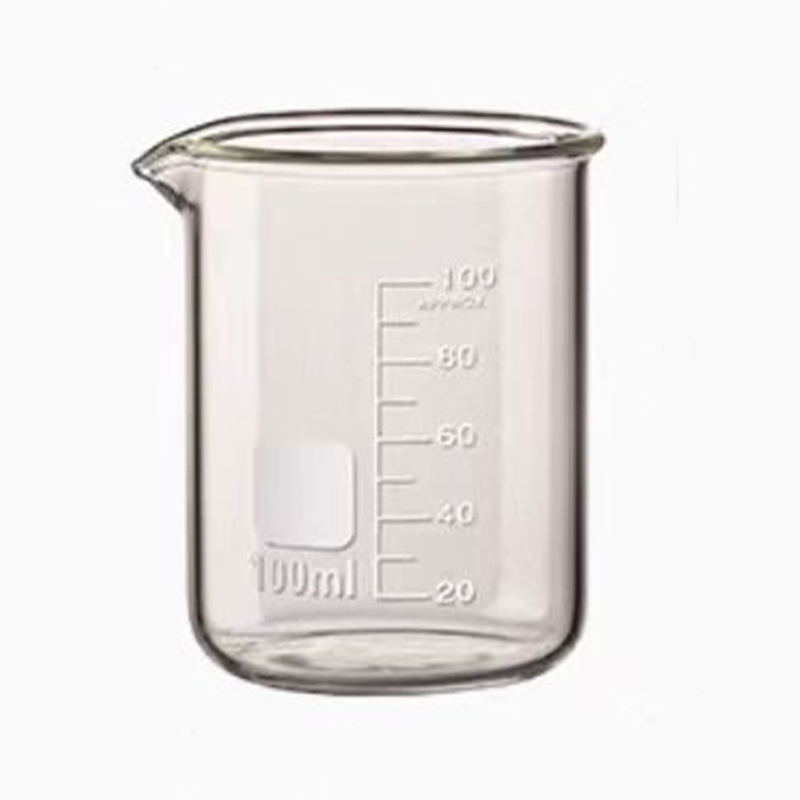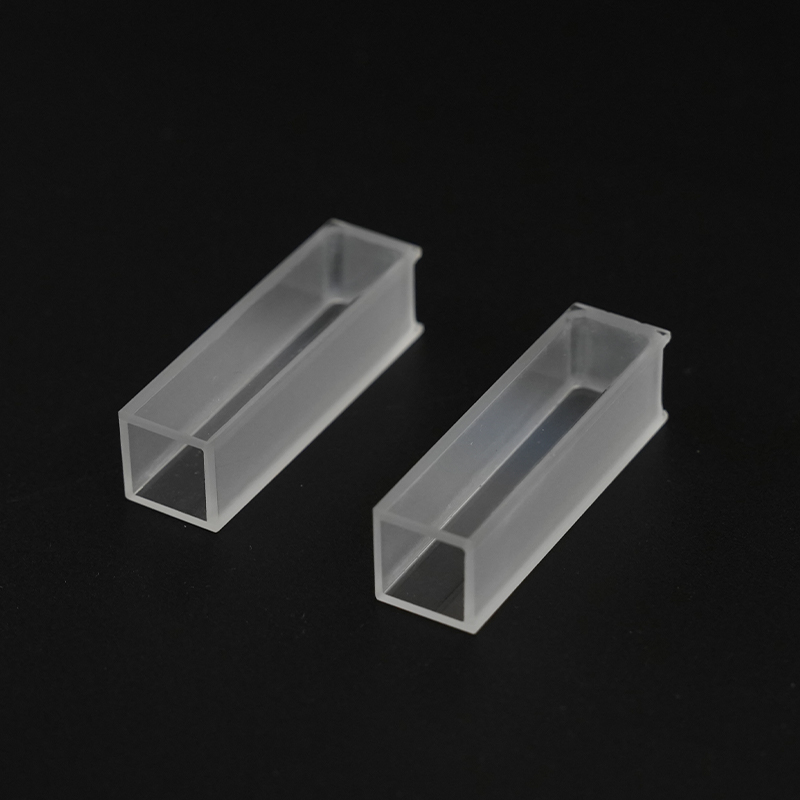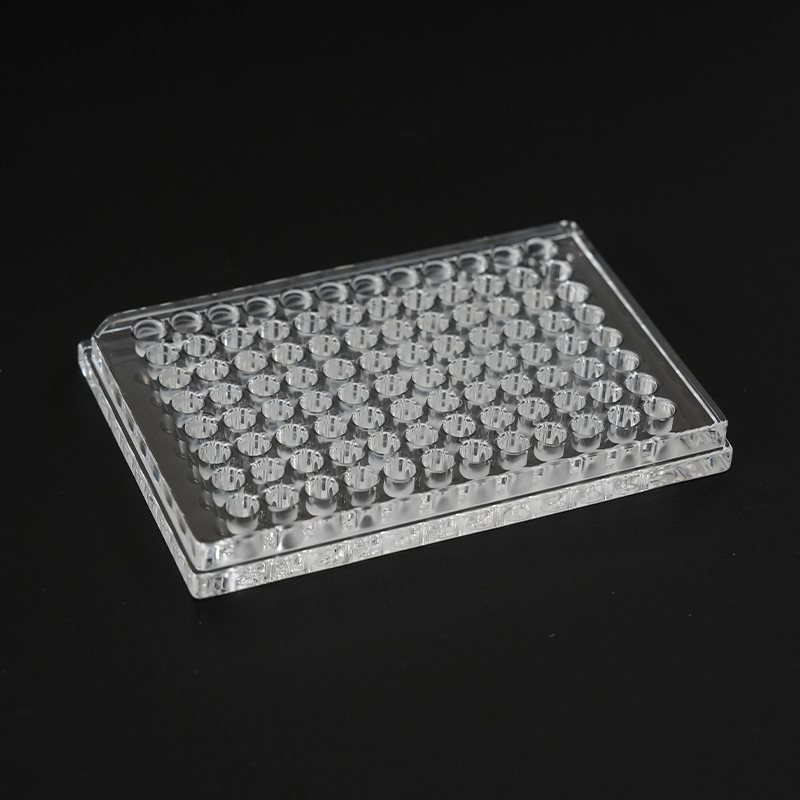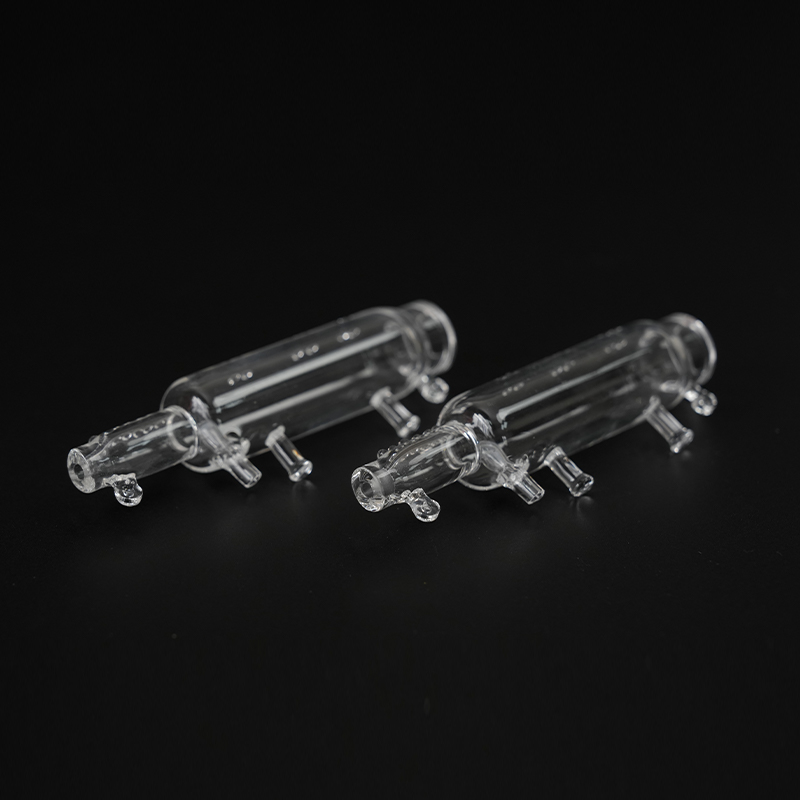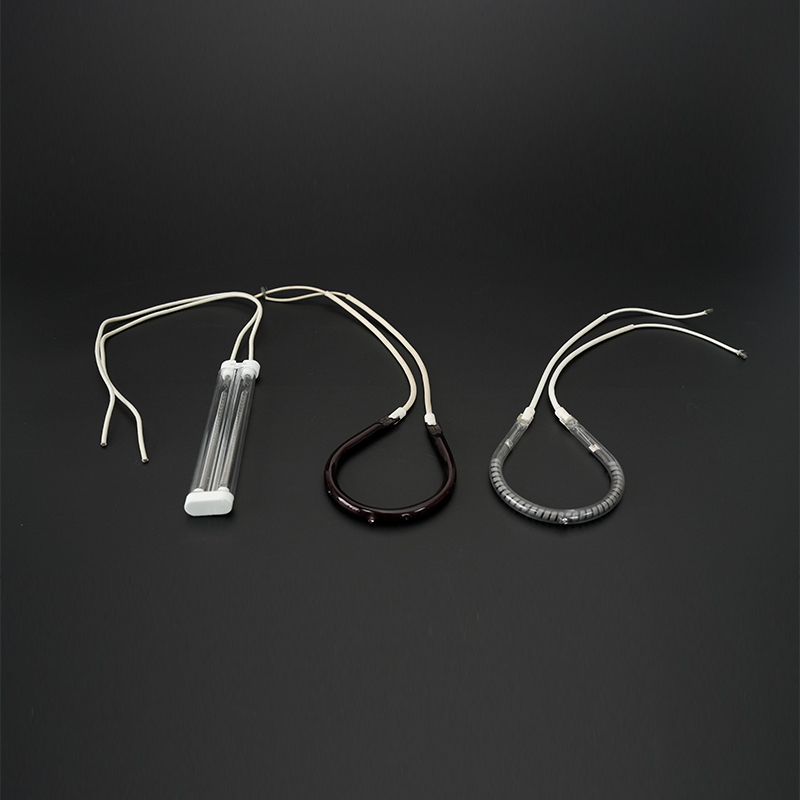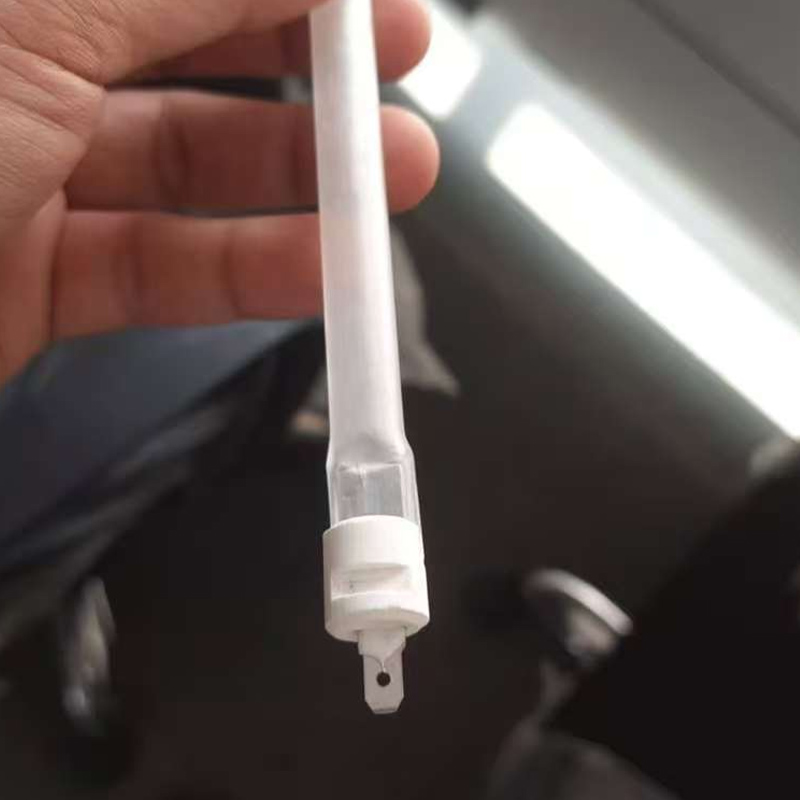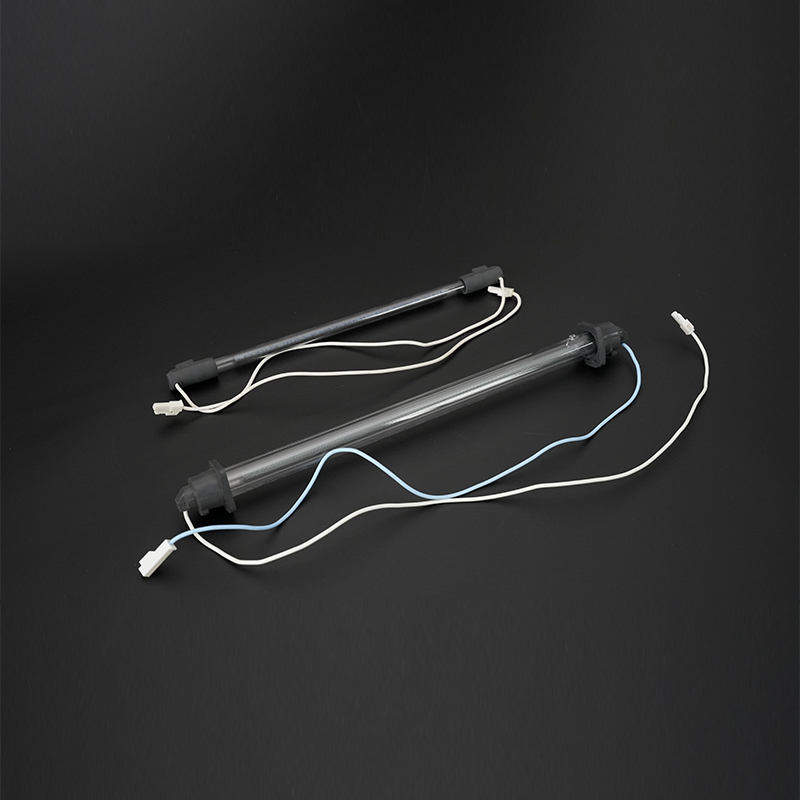If you need any help, please feel free to contact us
Web Menu
Product Search
Exit Menu
What is Quartz Glass?
Quartz glass is a special industrial technical glass made from a single component: silicon dioxide (SiO2). Unlike ordinary glass, which primarily consists of a mixture of various substances, such as silicon dioxide, sodium oxide, and calcium oxide, quartz glass has an extremely high purity, typically exceeding 99.9%. This high purity gives it a range of unique and excellent properties, making it an indispensable key material in many high-tech fields.
Content
Types and Manufacturing Processes of Quartz Glass Sheets
Quartz glass sheets can be classified into various types based on different methods. For example, depending on the raw materials and manufacturing process, they can be categorized as follows:
- Transparent quartz glass: Made from high-purity silicon dioxide using high-temperature melting technology. It is characterized by excellent light transmittance, with high transmittance to both ultraviolet and infrared rays.
- Opaque quartz glass: Also known as milky quartz, it is produced through a special process that creates tiny bubbles or crystals within it, resulting in a milky white color.
- Synthetic quartz glass sheets: Produced through methods such as chemical vapor deposition (CVD), they offer higher purity and more stable performance.

Main Characteristics and Applications of Quartz Glass Sheets
Quartz glass sheets are widely used in various fields due to their unique physical and chemical properties:
- Excellent High-Temperature Resistance: Quartz glass sheets have a softening point of up to 1730°C and can withstand long-term use at temperatures up to 1100°C, and even short-term exposure to temperatures up to 1450°C. This property makes them ideal for high-temperature equipment in semiconductor manufacturing, the photovoltaic industry, and laboratories.
- Excellent Light Transmittance: Transparent quartz glass sheets have extremely high transmittance across the entire spectrum from ultraviolet to infrared, particularly with UV penetration far exceeding that of ordinary glass. They are often used in UV germicidal lamps, optical instruments, and optical fibers.
- Excellent Chemical Stability: Quartz glass sheets are chemically inert and, with the exception of hydrofluoric acid and hot phosphoric acid, are virtually unreactive with all acids and bases. This makes them ideal for corrosion-resistant chemical containers, such as test tubes, beakers, and stills.
- Low Thermal Expansion: With a very low thermal expansion coefficient, quartz glass sheets are less susceptible to cracking during rapid temperature changes, making them suitable for devices requiring high thermal shock resistance.
- Excellent Electrical Insulation: Quartz glass sheets maintain outstanding electrical insulation properties even in high-temperature and high-pressure environments, making them useful in high-voltage switches, capacitors, and insulators.

How to Choose and Purchase Quartz Glass Sheets?
When selecting quartz glass sheets, consider their purity, size, surface quality, and whether they require special coatings. Reputable manufacturers typically provide detailed product specifications and quality inspection reports.
Quartz glass sheets have become a fundamental material in modern industry and high-tech fields. With technological advancements, the application range of quartz glass sheets will continue to expand.
- Tel:
+86-0515-86223369
+86-15754187666 - WeChat:
+86-13485219766 - WhatsApp:
+86-13485219766 - E-mail:
[email protected]
[email protected] - Add:
NO.33,yuejinRoad,Science And Technology Pioneer Park,hengji Town,jiangsu county,yancheng city,jiangsu province,china 224763, China
Copyright © Yancheng Mingyang Quartz Products Co., Ltd. All Rights Reserved.
Wholesale Quartz Products Manufacturer Quartz Glass Factory
 +86-0515-86223369
+86-0515-86223369  en
en English
English 日本語
日本語 Español
Español